Shōnen anime and manga typically follow an established formula, with certain guidelines and qualities that have become standard for the genre. By following these rulesets, series like Dragon Ball, One Piece, Naruto, and so many others have contributed to shōnen becoming as enormously popular as it has. There isn't anything wrong with following a structure, especially one that is proven to work. Personally, however, many of these stories just didn't click with me. And more often than not, I avoided them, until I read Tatsuki Fujimoto's Chainsaw Man.
At the time, I had just finished reading Kentaro Miura's masterpiece, Berserk, and felt that I had reached the pinnacle of what manga as a medium had to offer. Chainsaw Man had just left its International Assassins arc, and chatter surrounding the series was rapidly increasing. While discussions and analysis began taking over social media, all I thought was, "a guy with a chainsaw on his head and a chainsaw dog, no thanks." As Part One continued on, though, the hype for Chainsaw Man in the anime and manga community was reaching a fever pitch, and curiosity got the better of me.
I caught up to the most recent chapter around the time when full-power Pochita first appeared in the manga, and my mind was blown. Every preconceived notion I held about what a shōnen story is capable of being was obliterated. I realized that Chainsaw Man was very much a shōnen manga; one that pushed the boundaries of, played with, and warped the structure that so many other series in the genre followed.
Chainsaw Man Uses Shonen Tropes In Its Own Unique Ways
Chainsaw Man Takes Classic Shōnen Tropes And Makes Them Its Own
As time went on, and Chainsaw Man gained even further popularity with its anime adaptation, several discussions about the series began cropping up online. Some debated whether Denji was a good protagonist, a few criticized the story's weirder elements, and others believed it to be ushering in a new era for Shōnen Jump. Many of these discussions continue currently, well into Part Two of the series, but the one that never quite sat right with me was the popular and growing notion that Chainsaw Man is a kind of "anti-shōnen", or never even belonged to the genre at all.
It's true that the series operates a bit differently than its many contemporaries, subverting the genre's tropes in various ways. Regardless, Chainsaw Man is very much a shōnen story at its heart, operating within that familiar framework while being as strange and bold as it pleases. Despite lacking any major, clear-cut goal, Denji follows the same hero's journey found in several other popular series, helped along the way by his friends and found family.
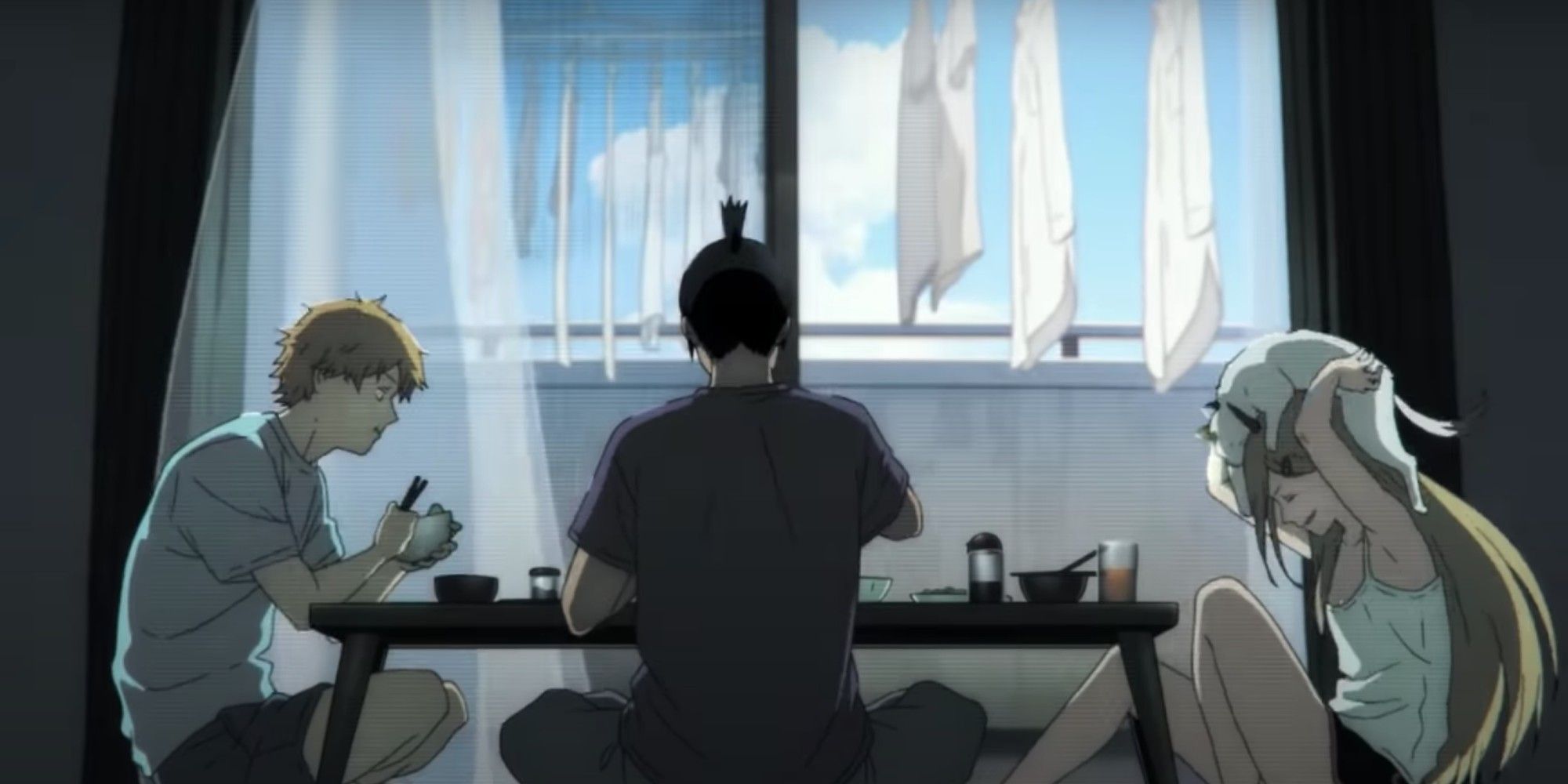
The quest may not be linear or clear, but it is present and grounded in reality; Denji must deal with the chaotic world around him while desperately trying to live a normal life. In some far-out way, International Assassins is like a warped tournament arc, while the time spent with Kishibe is a bona fide training arc. Fighting in Chainsaw Man is plenty and, according to Denji, 'goretastic'. The tropes are there, disguised by a layer of Fujimoto's trademark weirdness, and their presence in the story taught me that shōnen had much more to offer than I thought.
Denji Doesn't Follow Typical Shonen Heroes, And Is Better For It
Chainsaw Man's Protagonist Is Deeper Than Many Fans Think
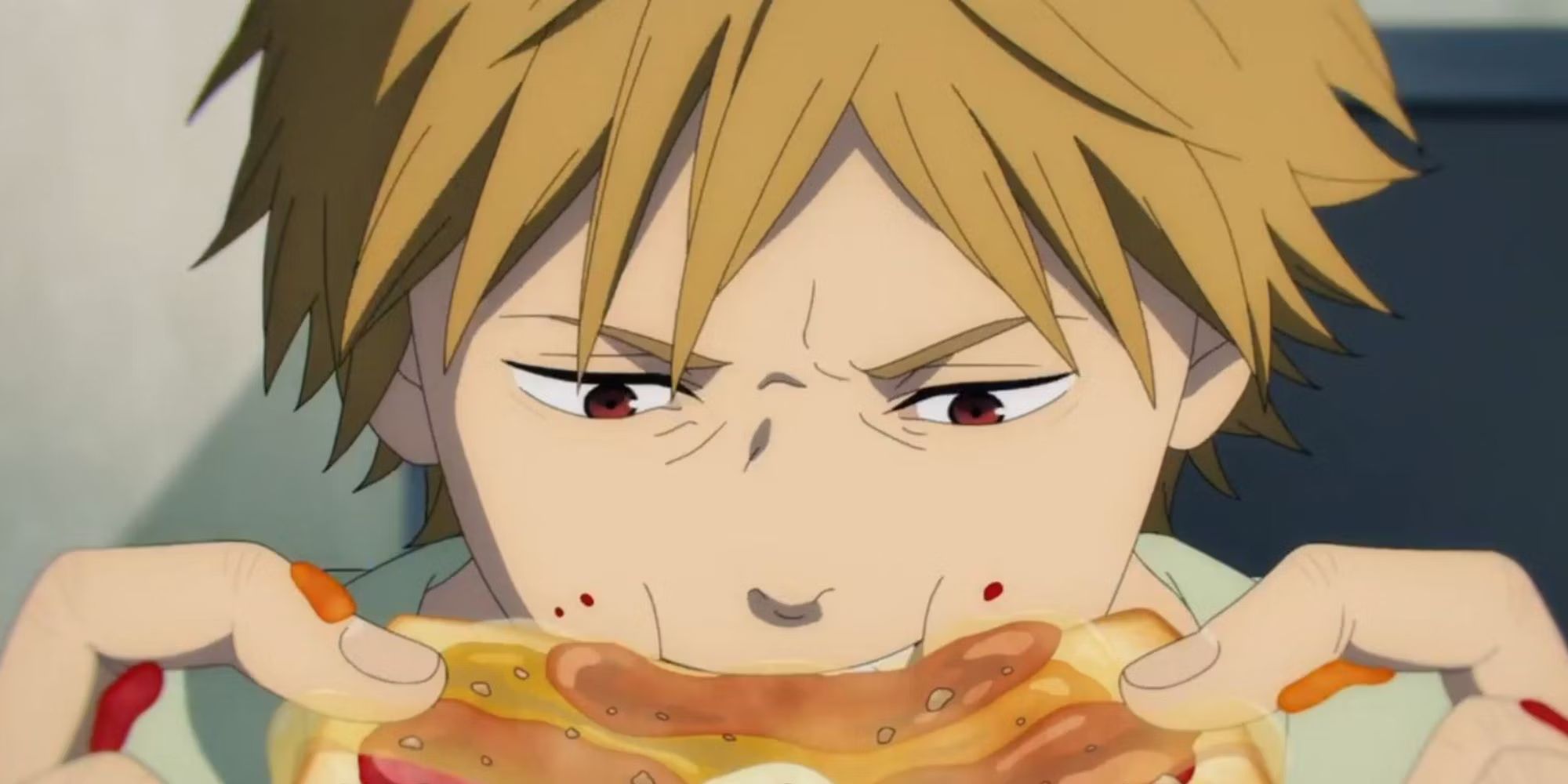
Denji as a character is arguably the furthest that Chainsaw Man strays from its shōnen tag, and that is reflected in how divisive he is as a protagonist. There remains a small yet loud subsection of the anime and manga community that believes Denji is not a good character, and though I vehemently disagree, it isn't difficult to understand where they may be coming from. He's no Goku, Tanjiro, or Luffy; many times he makes very morally questionable decisions, and Chainsaw Man is better for having him.
Denji's grounded and realistic goals make him a sympathetic character, and as the series progresses, so too does its protagonist. His goals, as humorous as they may be at times, aren't always exactly what they seem. Denji is a stunted, fallen victim to childhood trauma which is never resolved. Instead, he locks every one of his bad experiences behind a door that Makima eventually forces open.
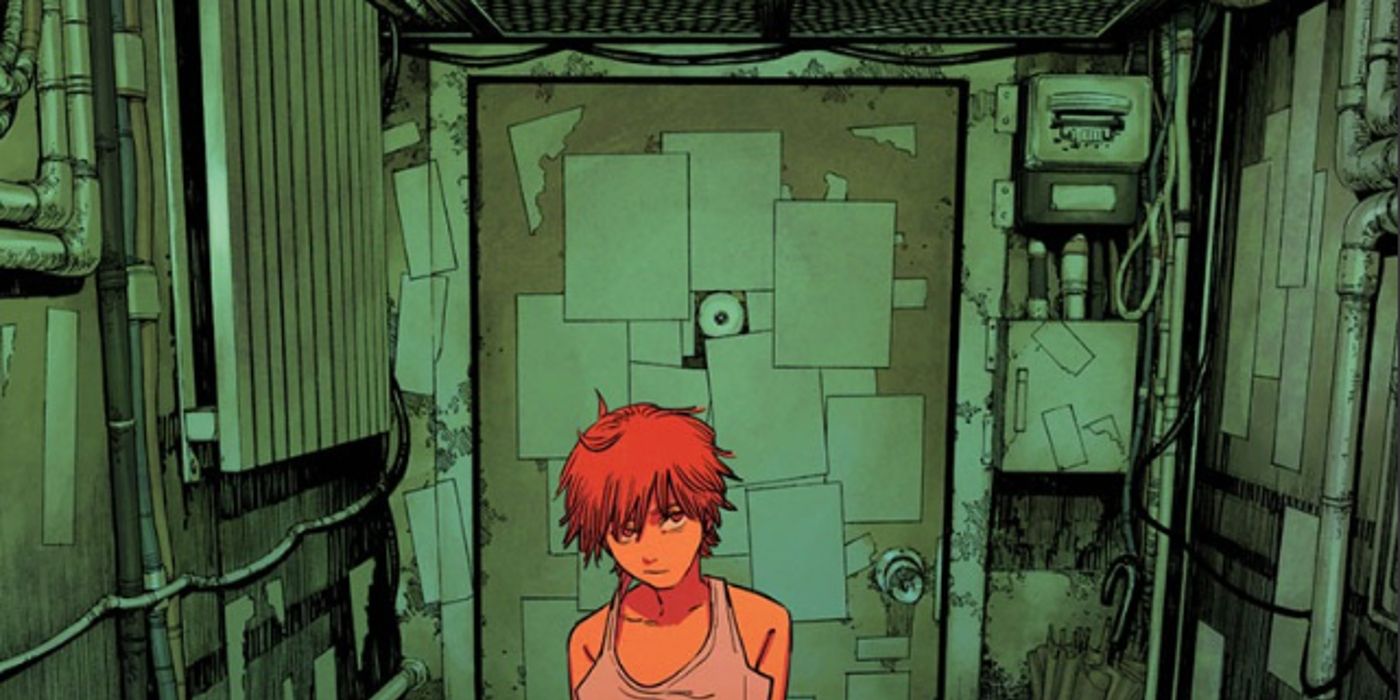
He doesn't understand love or affection, kindness and care, and so when he claims to "want to touch boobs" or "have many girlfriends", there's a high likelihood that what he's searching for is genuine warmth and compassion from another person. He may seem rather stupid, and absolutely is at times, but there's more under the surface than it seems. Denji may not want to be the strongest or a pirate king, but his goal of being happy is not only commendable, it's relatable too.
Chainsaw Man Pushes the Shonen Genre to Its Limits
Despite Its Status as a Shōnen, Chainsaw Man Doesn't Pull Its Punches
Chainsaw Man is a shōnen series, but it does consistently push the limits of the genre to its absolute breaking point. While enjoyed by a wide demographic, shōnen typically targets a younger audience. And given recent events in the manga involving Asa and Denji, I've become somewhat convinced that the only reason it still belongs to Shōnen Jump is its popularity. Even for its online service, MangaPlus, the story has really ramped up the heavy subject matter.
But dark subjects and shock value aren't the only limits Chainsaw Man pushes, as its storytelling, as expected from Fujimoto after his excellent track record in recent years, is top-notch. When I finished my readthrough of Part One, I hadn't realized just how attached I became to that stupid protagonist with a chainsaw on his head, but seeing him finally experience victory moved me in unimaginable ways.
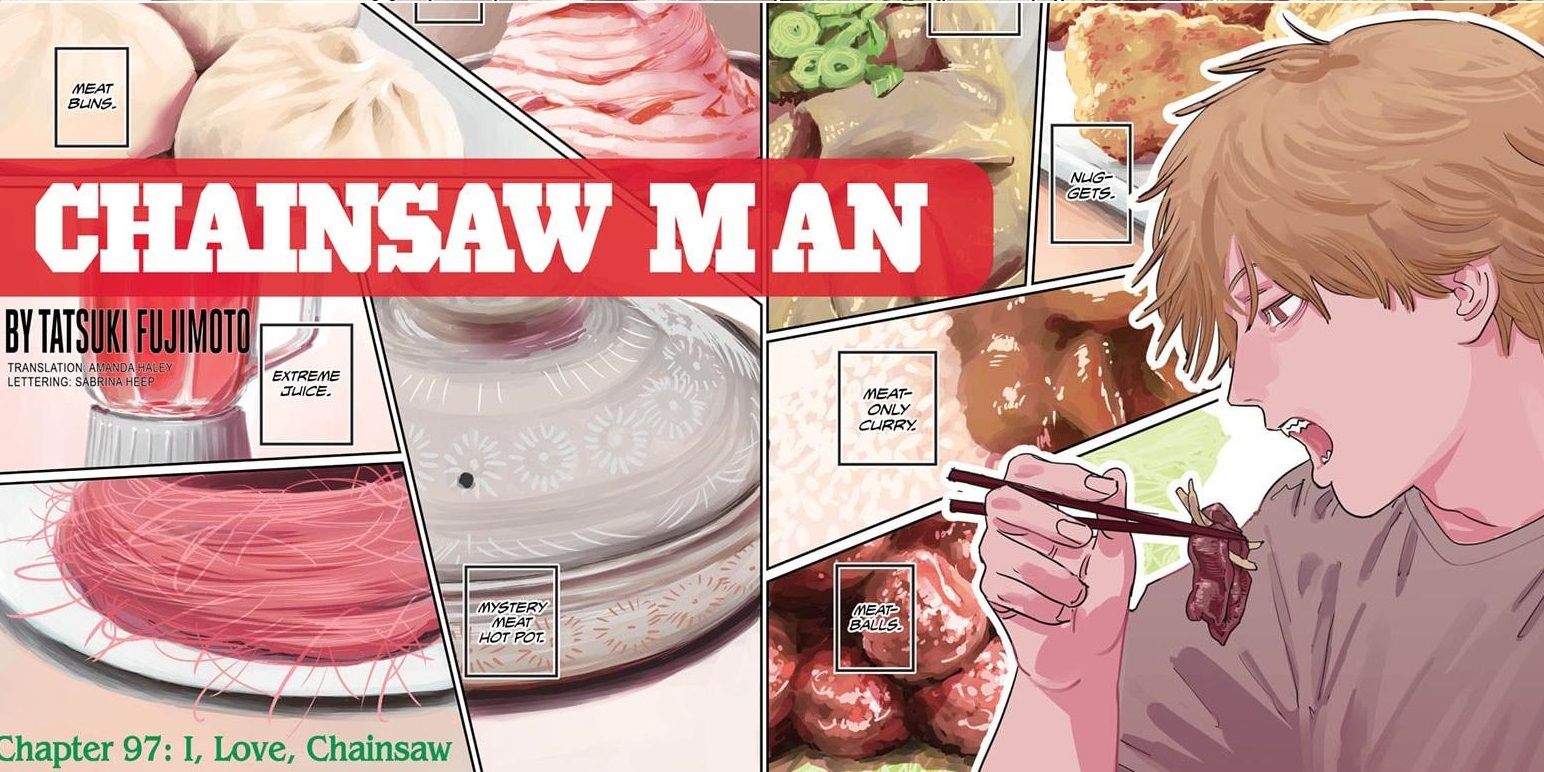
And as Part Two continues on, despite the controversial events of its current arc, Chainsaw Man has convinced me time and again that it's an incredible work of fiction, and that the shōnen genre has plenty of those to offer. At this current moment, Dandadan is another series capturing the same magic I felt with Chainsaw Man when I first read through it, and it's worth checking out for any fans of Fujimoto's work. I'm incredibly excited for future shōnen releases to scratch that itch, and I have Chainsaw Man to thank for that.
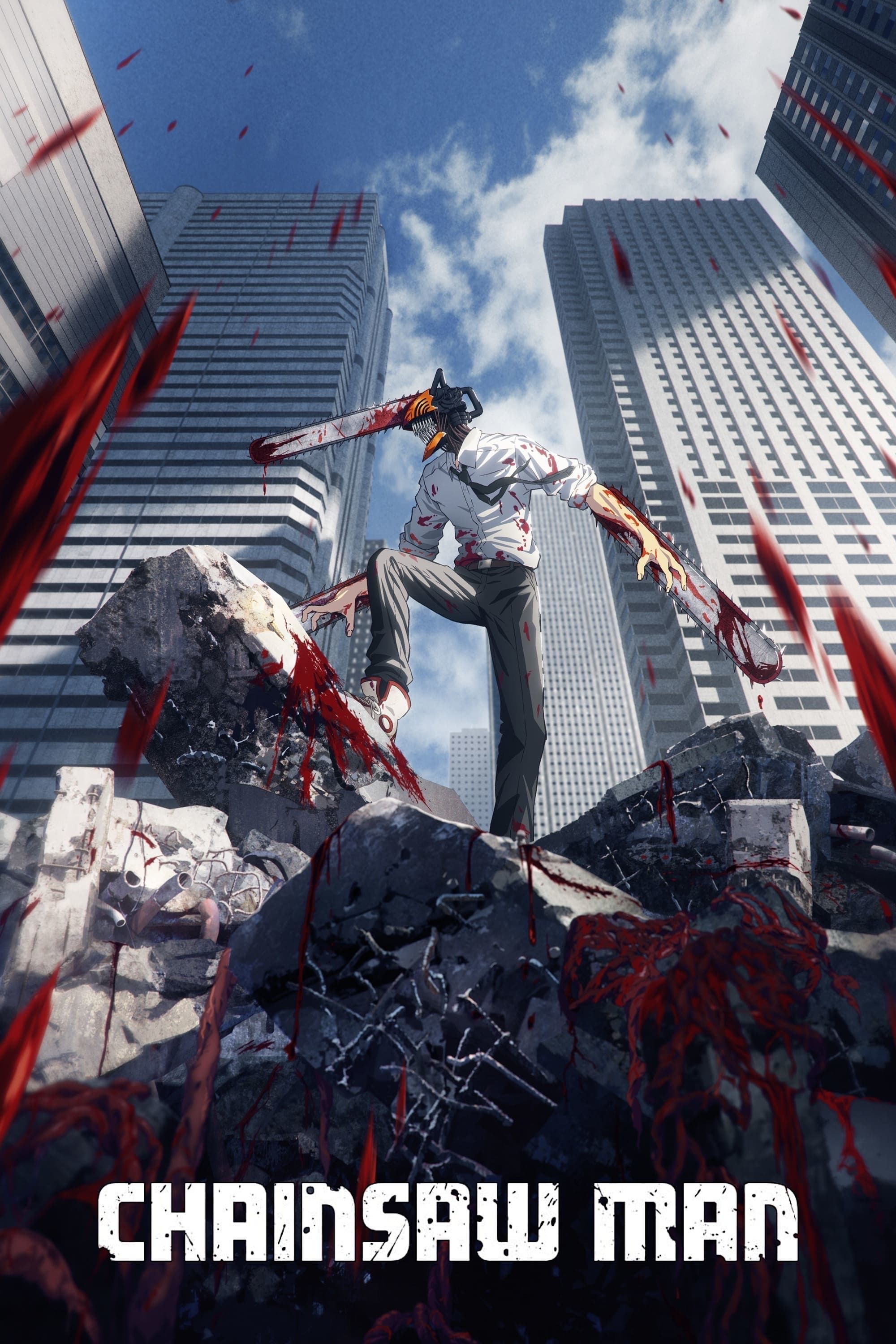
Chainsaw Man
Chainsaw Man is a dark fantasy manga created by Tatsuki Fujimoto. The series follows Denji, a young man who merges with his devil-dog Pochita to become Chainsaw Man. He joins the Public Safety Devil Hunters to fight devils threatening Japan. The series explores themes of violence, power, and survival. Since its debut in 2018, Chainsaw Man has gained immense popularity, leading to a critically acclaimed anime adaptation.
Created by Tatsuki Fujimoto
Upcoming Films Chainsaw Man - The Movie: Reze Arc (2025)
First Episode Air Date October 12, 2022


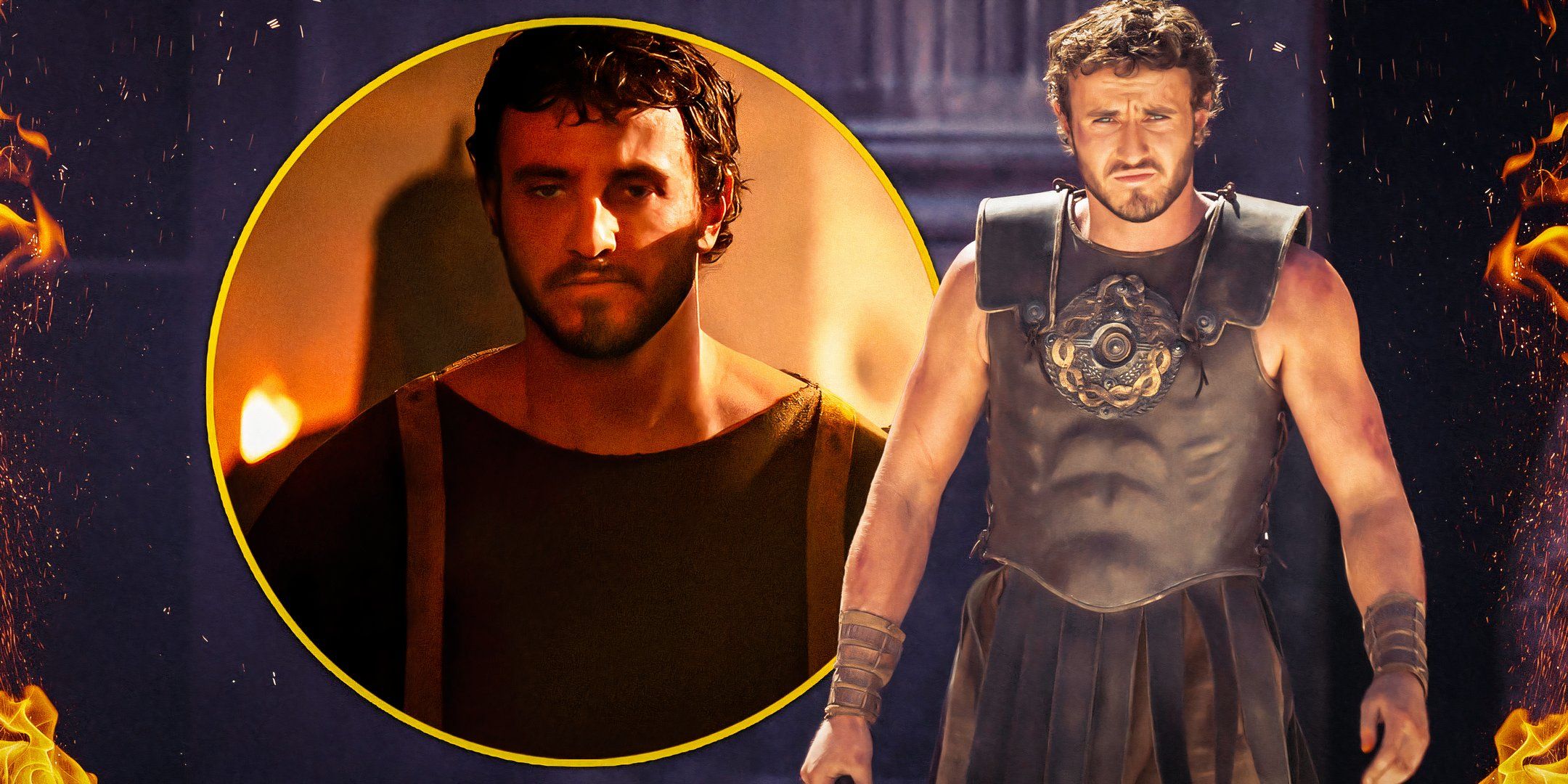

:quality(85):upscale()/2024/10/29/957/n/1922441/c62aba6367215ab0493352.74567072_.jpg)
:quality(85):upscale()/2021/07/06/971/n/1922153/7d765d9b60e4d6de38e888.19462749_.png)

:quality(85):upscale()/2024/10/29/987/n/49351082/3e0e51c1672164bfe300c1.01385001_.jpg)
:quality(85):upscale()/2024/10/30/711/n/1922441/c62313206722590ade53c4.47456265_.jpg)
 English (US) ·
English (US) ·